Artificial Intelligence (AI) refers to the use of advanced technologies that enable machines to mimic human intelligence. In digital marketing, AI plays a vital role by automating processes, analyzing vast amounts of data, predicting customer behavior, and personalizing marketing strategies. The core aim of using AI in digital marketing is to enhance efficiency, optimize campaigns, and improve the overall customer experience. With AI, businesses can make data-driven decisions, streamline marketing operations, and scale their marketing efforts with precision.
AI is enhancing digital marketing by improving efficiency, personalization, and decision-making. By integrating AI into digital marketing strategies, businesses can reduce manual effort, automate tasks, and gain deep insights into customer behavior. The use of AI-powered tools ensures businesses can meet their marketing objectives while staying competitive in the digital landscape.
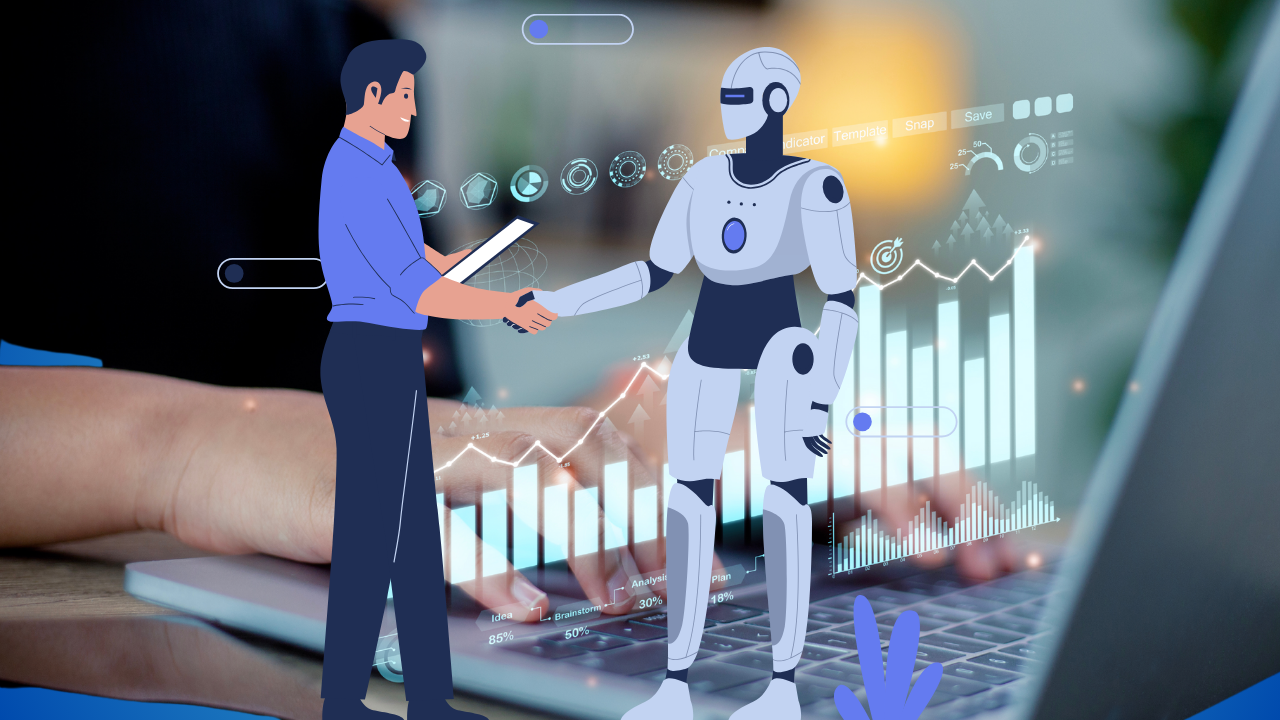
Table of Contents
Brief Overview of Artificial Intelligence and Its Application in Marketing
AI has evolved from a niche technology to a mainstream tool in digital marketing. It involves the use of techniques like machine learning (ML), natural language processing (NLP), and predictive analytics to drive marketing decisions. Marketers use AI to automate mundane tasks, gain insights from complex data, and engage customers more effectively. For example, AI enables brands to serve personalized content to their audience by analyzing customer interactions, purchase history, and browsing behavior.
The use of AI in marketing not only helps streamline day-to-day activities but also supports long-term strategy by offering deeper insights into consumer behavior. AI-powered tools can predict customer preferences and enable hyper-targeted marketing campaigns that drive better engagement and higher conversion rates.
Importance and Growing Role of AI in the Digital Marketing Landscape
AI is transforming the digital marketing industry. It is no longer just a “nice to have” but a necessity for companies to stay competitive. The integration of AI allows businesses to automate repetitive tasks, improve personalization, and make smarter decisions in real time.
Key Benefits of AI in Digital Marketing:
- Personalization at Scale: AI enables marketers to deliver highly personalized experiences at a much larger scale. For example, through AI-powered recommendation engines, businesses like Amazon or Netflix can suggest products and content tailored to individual preferences, increasing user engagement and sales.
- Improved Customer Experience: AI-driven chatbots and virtual assistants offer 24/7 customer support, answering inquiries in real time, thereby improving customer satisfaction and reducing response time.
- Efficiency Gains: Automation tools powered by AI, such as email marketing platforms or social media scheduling tools, help marketers save time by automating routine tasks. This allows them to focus on strategic aspects of marketing.
- Higher ROI on Marketing Spend: AI ensures that advertising efforts are focused on the right audience. By optimizing ad targeting and budgeting through machine learning, businesses can achieve better results with fewer resources, ultimately improving their return on investment (ROI).
AI in Digital Marketing: Unlocking New Possibilities
Why AI Matters in Digital Marketing
The importance of AI in digital marketing stems from its ability to analyze large data sets and make sense of complex consumer behaviors. Today’s digital landscape is data-heavy, and AI is crucial in transforming this data into actionable insights. Businesses can now gain real-time insights into what their customers want and use that information to craft more relevant campaigns.
AI tools help businesses identify patterns in customer behavior, which enables them to serve personalized offers, advertisements, and content. By predicting future actions, AI helps businesses deliver the right message at the right time, which significantly increases conversion rates and customer loyalty.
Benefits of AI in Digital Marketing

1. Improved Efficiency: Automating Repetitive Tasks
AI takes over many repetitive and time-consuming tasks, which allows marketers to focus on more strategic areas. For instance, AI tools can handle tasks like data analysis, content creation, and email scheduling. Automation tools such as Hootsuite or Buffer can help manage social media posts, schedule content, and monitor campaign performance across multiple platforms simultaneously.
Real-World Example: Google Ads utilizes AI to automate bidding, ad placements, and targeting strategies. This ensures that ads are shown to the most relevant audience, optimizing the campaign without requiring constant manual intervention.
2. Personalized Customer Experiences
AI is incredibly effective in providing highly personalized experiences for customers. By tracking consumer behavior across various touchpoints—such as social media, websites, and emails—AI can deliver content tailored to each individual’s preferences and needs. This level of personalization helps brands build stronger relationships with their audience, boosting engagement and loyalty.
Real-World Example: Spotify’s AI-driven recommendation system analyzes listening history to suggest new music, while e-commerce giants like Amazon and eBay offer personalized shopping experiences based on customers’ past purchases and browsing habits.
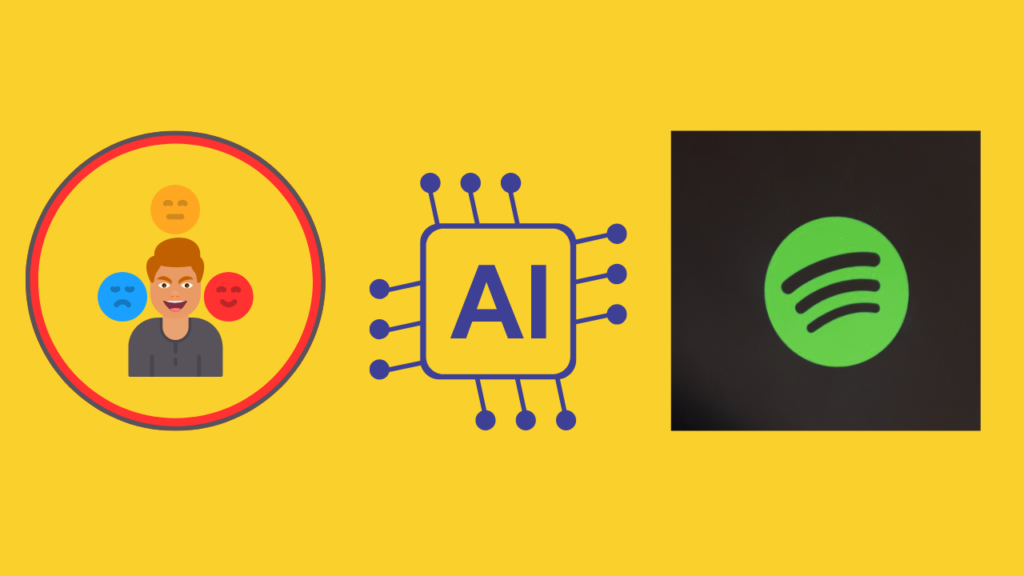
3. Data-Driven Decision-Making
AI tools can process vast amounts of data much faster than a human ever could, uncovering trends and insights that may not be immediately apparent. By leveraging AI to analyze customer data, businesses can make data-driven decisions that improve marketing strategies.
Real-World Example: Marketing automation platforms like HubSpot or Marketo use AI to track customer interactions and segment leads, helping businesses prioritize and target the most valuable customers. Additionally, AI tools in customer relationship management (CRM) systems like Salesforce can predict which leads are most likely to convert into sales, optimizing the sales process.
The Evolution of AI in Marketing: From Early Algorithms to Advanced Models
Historical Context: The Beginning of AI in Marketing
AI in marketing initially started with simple algorithms designed to automate basic tasks. For example, in the early stages of digital marketing, businesses used basic algorithmic models to send automated emails or schedule social media posts. These early models were somewhat limited in scope and were primarily focused on automating repetitive tasks.
Real-World Example: Early email marketing tools like Mailchimp allowed marketers to automate email campaigns based on set parameters but lacked the personalization and predictive capabilities that AI-powered tools offer today.
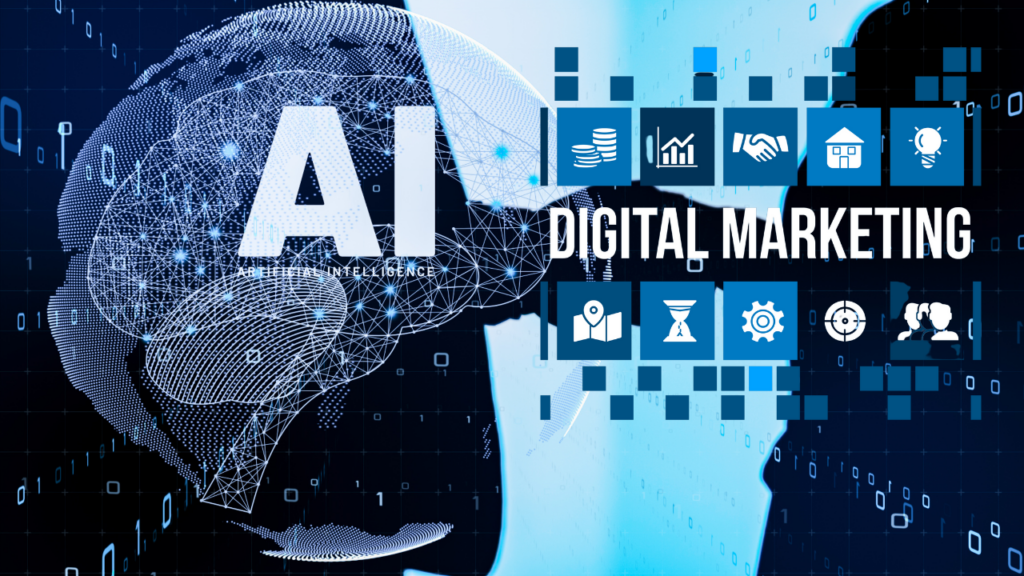
Early Use of Algorithms and Automation
During the early days of AI in marketing, algorithms helped businesses sort through and analyze data to target the right demographics. However, these algorithms were relatively simplistic compared to the more sophisticated models used today. They focused primarily on targeting and timing for marketing campaigns.
Real-World Example: Google’s AdWords platform (now Google Ads) began using algorithms to display ads based on keyword searches, providing advertisers with a cost-effective way to reach their audience.
Transition to Sophisticated AI Models
With advances in machine learning and deep learning, AI has become far more sophisticated. Modern AI systems can analyze large data sets in real-time and make decisions based on consumer behavior patterns. Machine learning models can now “learn” from customer interactions and continually improve over time.
Real-World Example: Netflix and YouTube use machine learning algorithms to recommend shows, movies, and videos based on users’ viewing history, enhancing the user experience and increasing engagement.
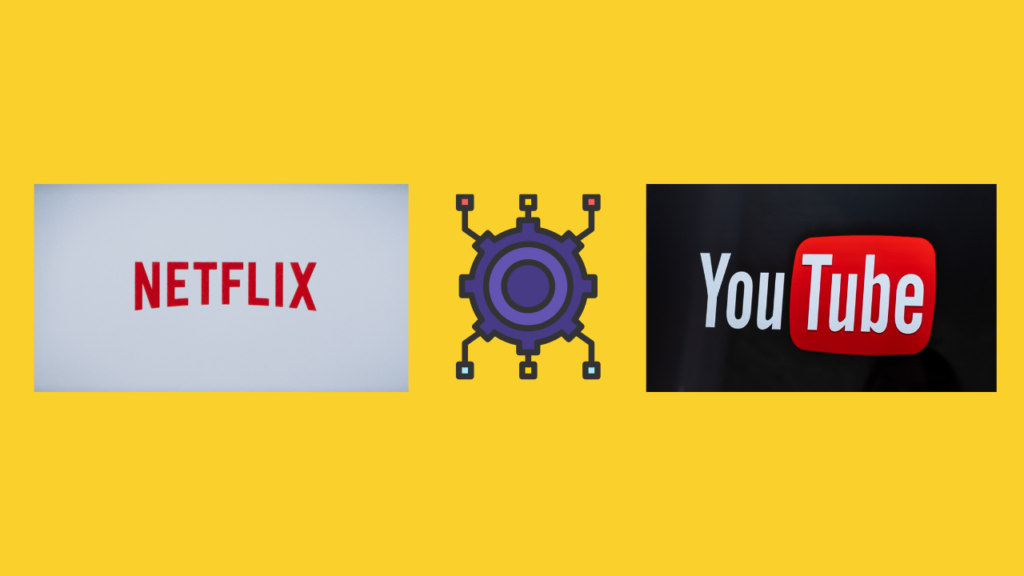
Current Trends: Growth of AI-Powered Tools in Marketing
The use of AI-powered tools has expanded across nearly every area of marketing, including SEO, content creation, customer service, and social media management.
Examples:
- SEO: AI tools like SEMrush or Ahrefs now provide keyword recommendations, backlink analysis, and site audits to improve search engine rankings.
- Content Creation: Platforms like Jasper (formerly Jarvis) use AI to generate high-quality content, such as blogs, social media posts, and ad copy, saving time and effort for content creators.
- Social Media: Tools like Sprout Social and Buffer use AI to help schedule posts, analyze performance, and recommend optimal posting times.
- Customer Service: AI-powered chatbots like Drift and Intercom automate responses, providing instant support to customers.
The Future of AI in Digital Marketing
As AI technology develops further, digital marketers will have access to new opportunities. The future AI will likely include even more advanced tools that can predict customer needs with greater accuracy, automate complex processes, and offer new ways to engage with consumers.
AI’s application in digital marketing has a bright future. AI is revolutionizing the way companies advertise by enabling smarter targeting and automating the ad buying process. As AI tools become more advanced, businesses leveraging AI in digital marketing will be able to offer even more personalized experiences, predict customer behavior more accurately, and automate increasingly complex tasks.
AI will become even more integrated into digital marketing platforms, providing marketers with deeper insights and more opportunities to personalize campaigns. Additionally, AI’s ability to predict customer behavior will help businesses create highly effective marketing strategies that drive long-term success. AI in digital marketing will continue to play a central role in shaping the industry’s future, from voice search optimization to predictive customer journeys.”
Advertising with AI: Smarter, More Targeted Campaigns
The use of AI in digital marketing has a promising future. AI is revolutionizing the way companies advertise by enabling smarter targeting and automating the ad buying process. As AI tools become more advanced, businesses leveraging AI in digital marketing will be able to offer even more personalized experiences, predict customer behavior more accurately, and automate increasingly complex tasks. AI in digital marketing will continue to play a central role in shaping the industry’s future, from voice search optimization to predictive customer journeys.
AI-Powered Ad Buying and Precise Targeting
AI helps marketers run targeted advertising campaigns with incredible precision. Through predictive analytics and machine learning, AI tools can analyze consumer behavior, demographics, and other data points to place ads in front of the most relevant audience.
Real-Life Example: Platforms like Google Ads and Facebook Ads use AI to determine the most effective ad placements, ensuring ads reach the audience most likely to convert, while optimizing the overall ad spend.
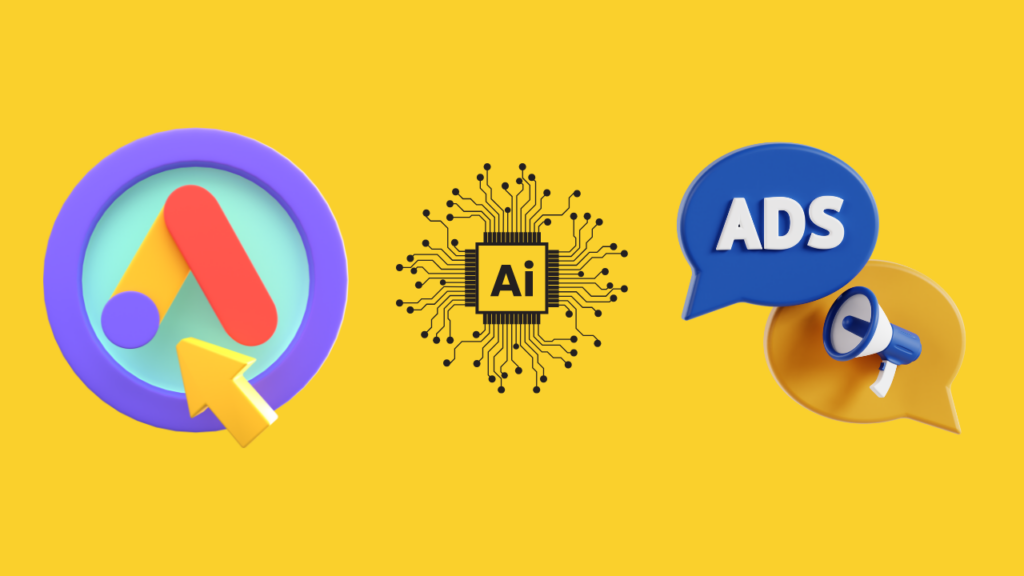
Why Use AI for Advertising?
- Boost Campaign Effectiveness: By targeting specific segments with tailored messages, businesses can drive higher engagement and conversions.
- Improve ROI: AI reduces wasted ad spend by optimizing ad placements and ensuring ads are shown to the right people at the right time.
- Enhance Connections: AI-driven ads are more relevant and engaging, which helps create stronger connections between brands and consumers.
Challenges in AI-Driven Marketing
Despite all of its benefits, using AI in marketing has a number of drawbacks
- Data Privacy Concerns: The collection and use of customer data must be done responsibly, with strict adherence to privacy regulations like GDPR.
- Implementation Barriers: Many businesses face challenges in integrating AI tools into their marketing stack due to high costs and the need for specialized knowledge.
- Reliance on High-Quality Data: AI systems can only be as good as the data they are fed.
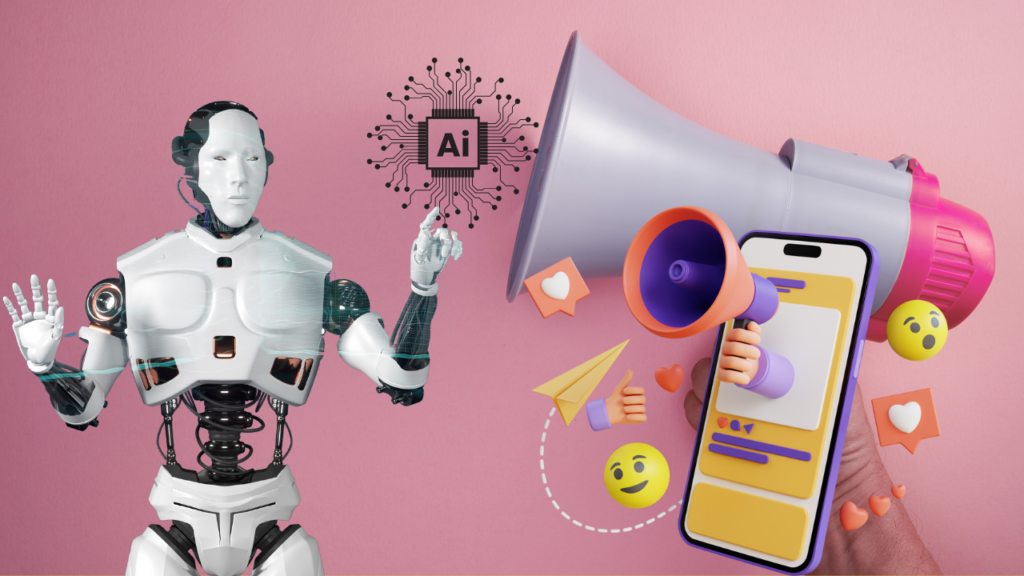
Case Studies and Practical Uses of AI in Digital Marketing
Brands Successfully Using AI in Digital Marketing
- Netflix: Uses AI to suggest films and TV series based on user viewing preferences
- Amazon: Relies on AI for product recommendations and to streamline logistics.
- Sephora: Offers a virtual beauty assistant and AI-powered “try-on” experience for customers.
Impact on Marketing Campaigns
AI has proven to increase ROI and engagement in marketing campaigns by improving ad targeting, personalization, and decision-making.
Real-World Example: Coca-Cola uses AI to create hyper-targeted ads, increasing brand loyalty and sales through personalized messaging.
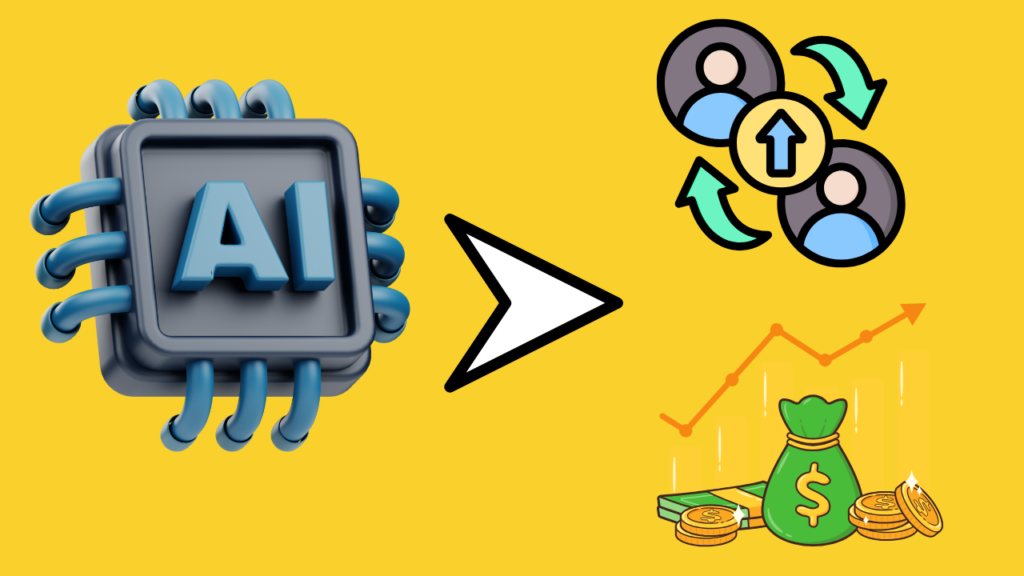
The Future of AI in Marketing
The use of AI in digital marketing has a promising future. As AI tools become more advanced, businesses will be able to offer even more personalized experiences, predict customer behavior more accurately, and automate increasingly complex tasks. AI in digital marketing will continue to play a central role in shaping the industry’s future, from voice search optimization to predictive customer journeys.
Conclusion
The use of AI in digital marketing has a promising future. As AI tools become more advanced, businesses leveraging AI in digital marketing will be able to offer even more personalized experiences, predict customer behavior more accurately, and automate increasingly complex tasks. AI in digital marketing will continue to play a central role in shaping the industry’s future, from voice search optimization to predictive customer journeys.
Author:Anas
Learner of DigiSkillz, Digital Marketing Institute in Kottakkal


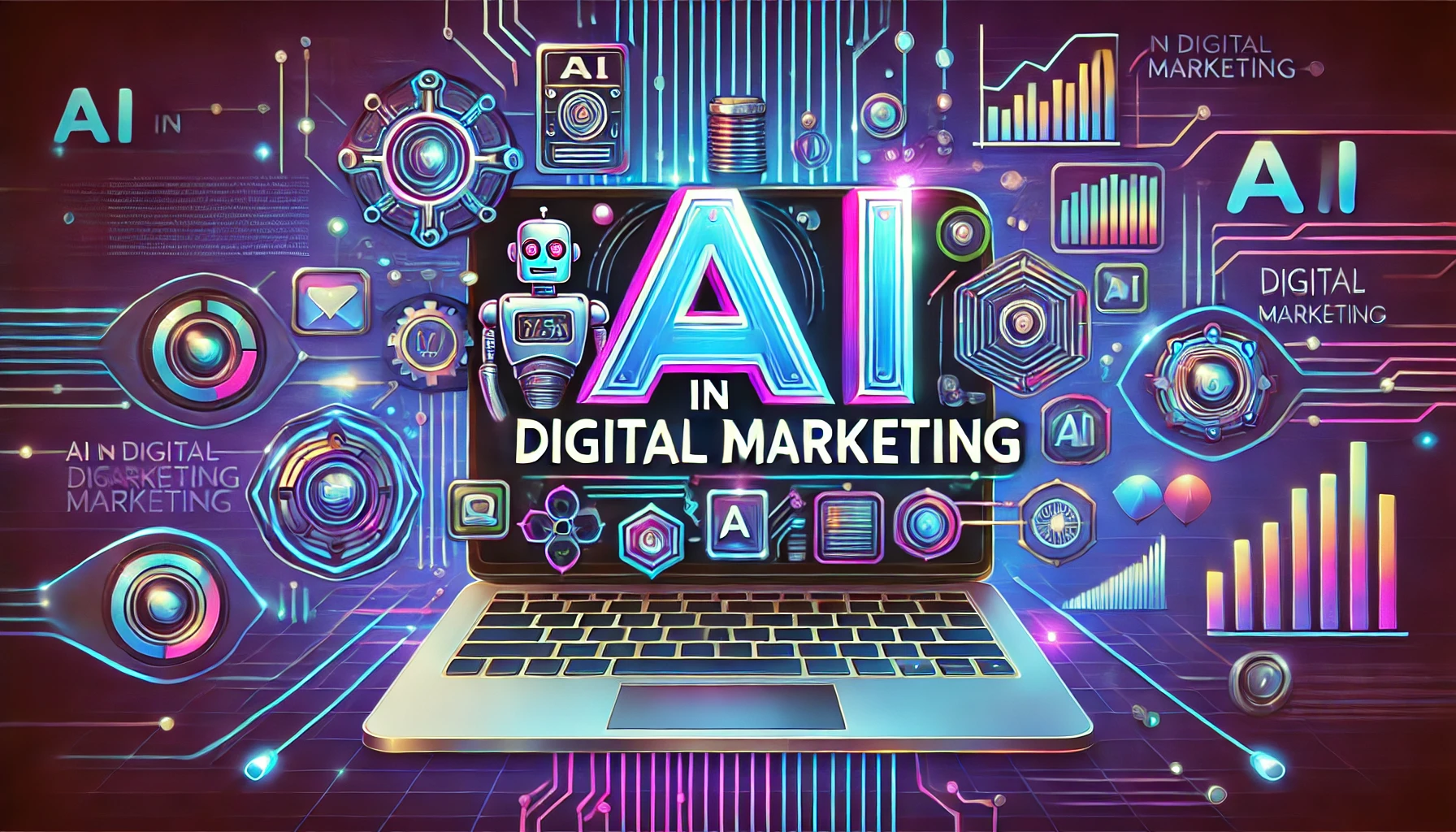
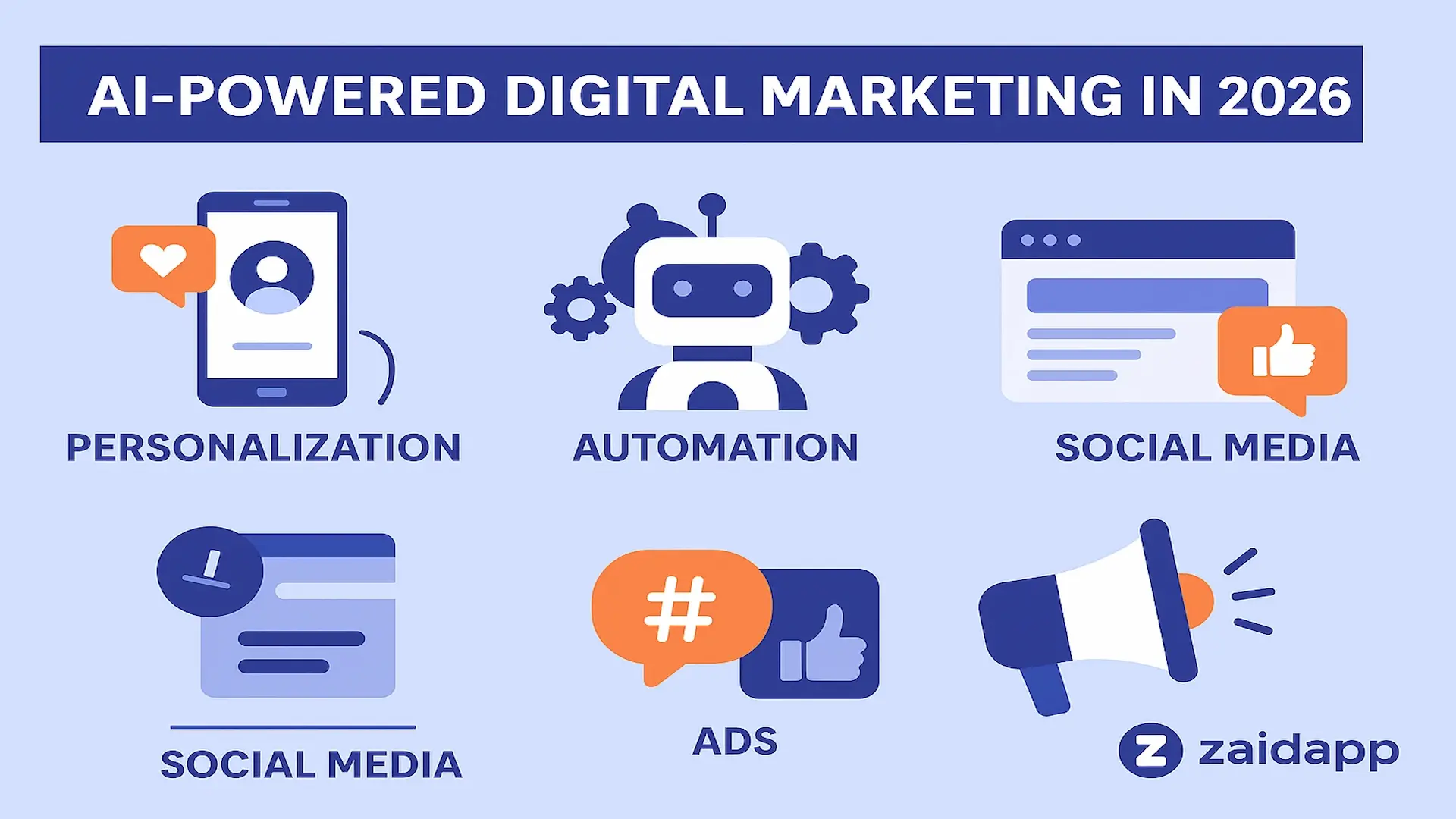
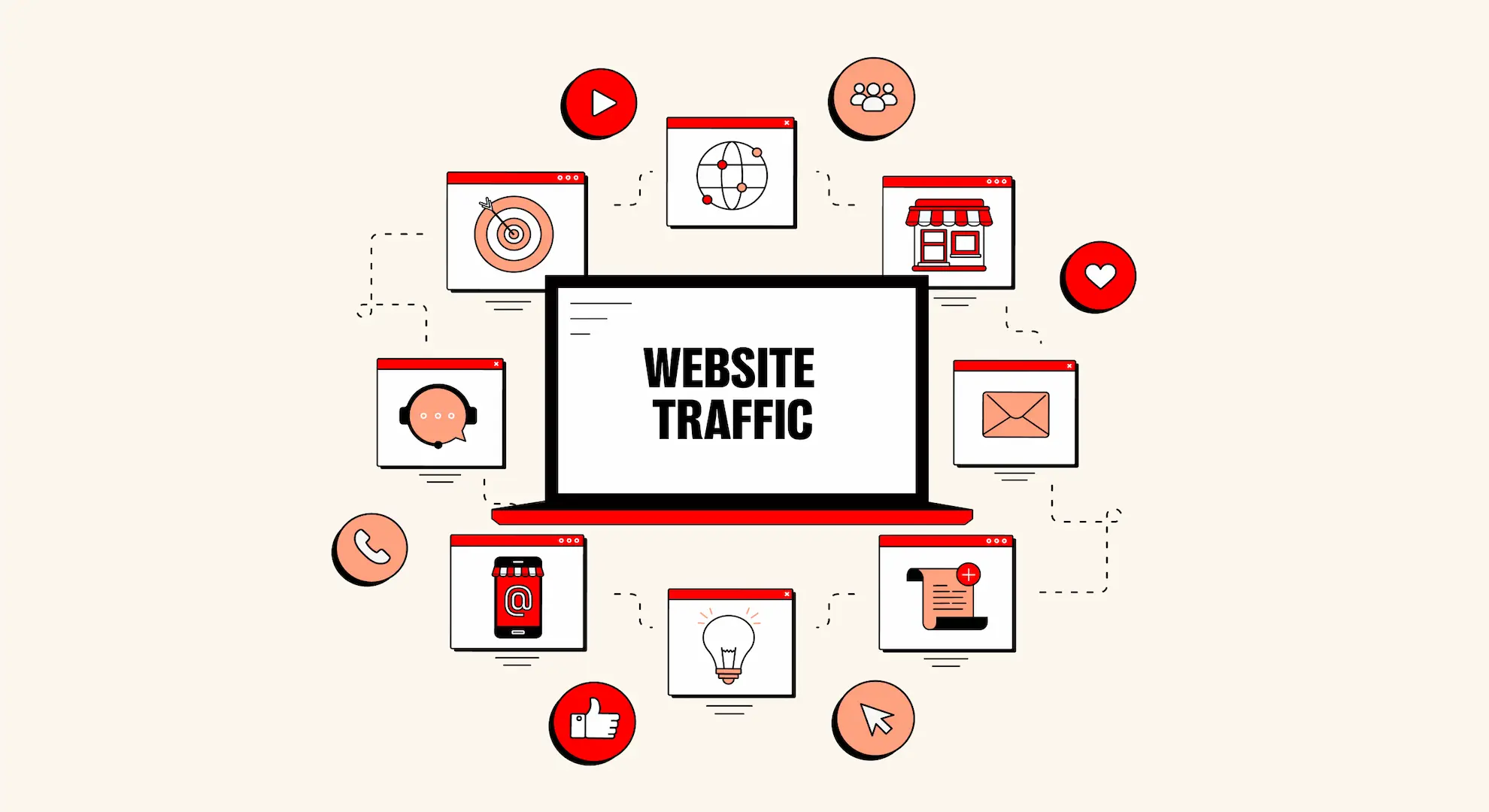
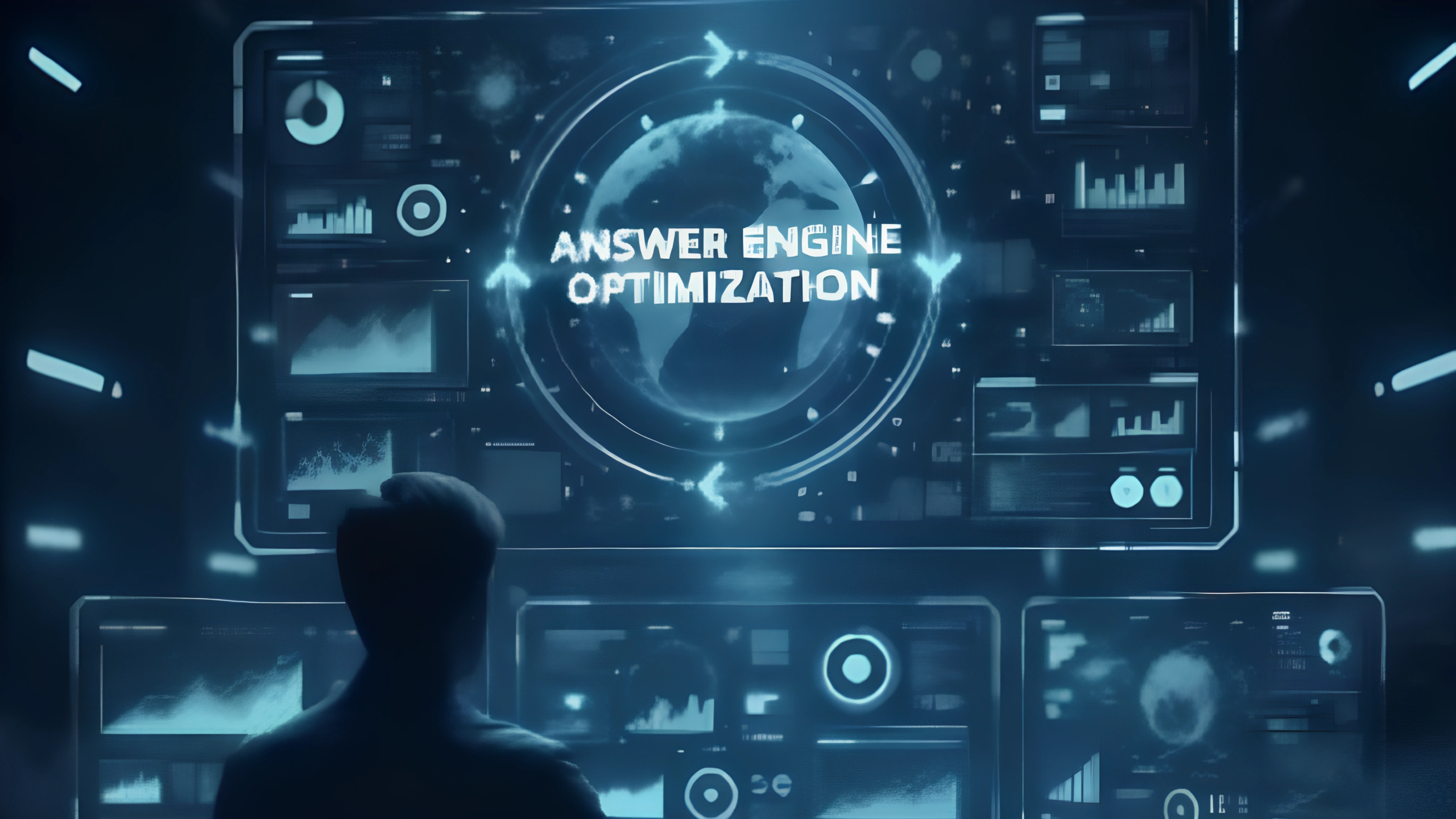
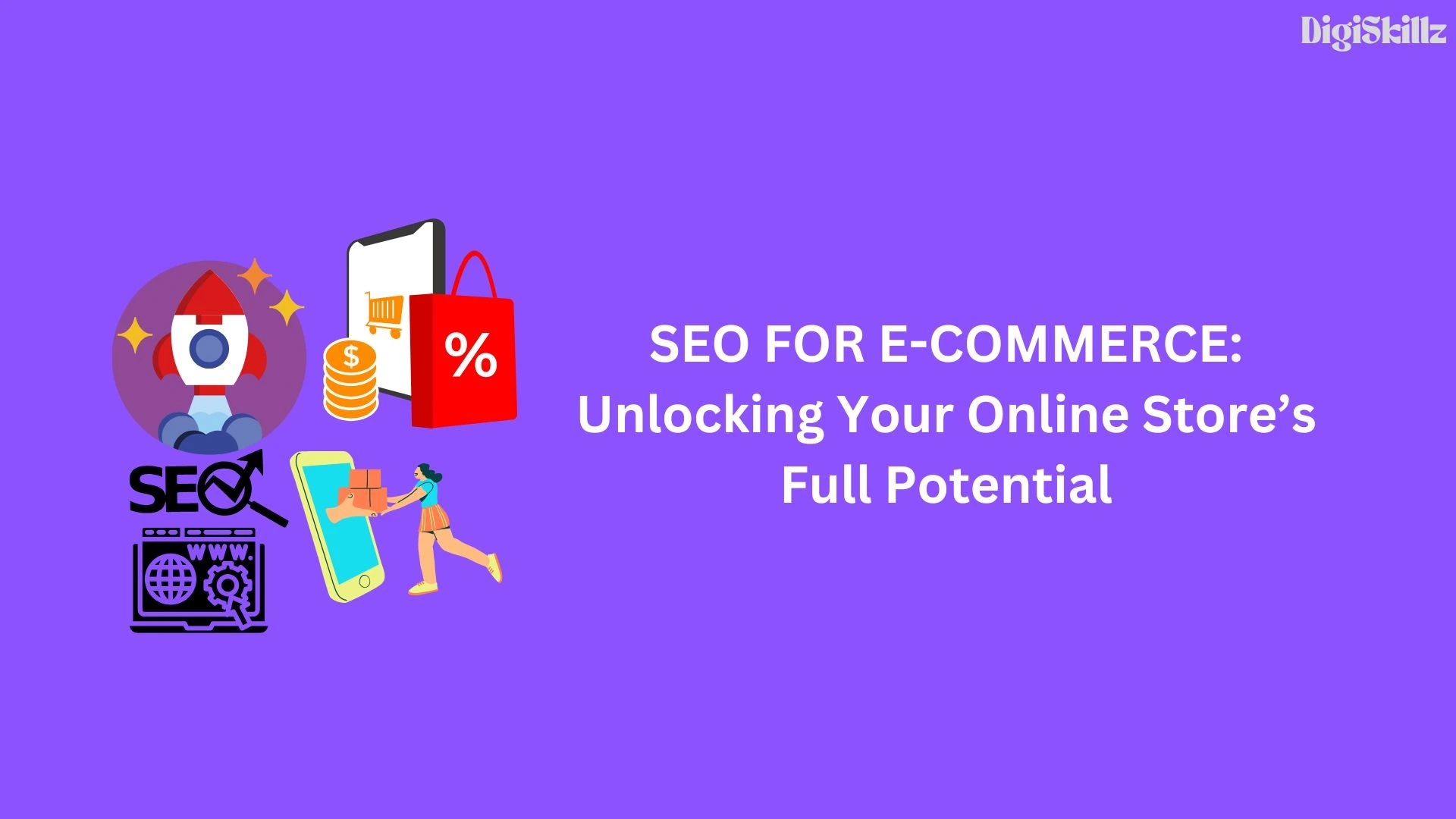
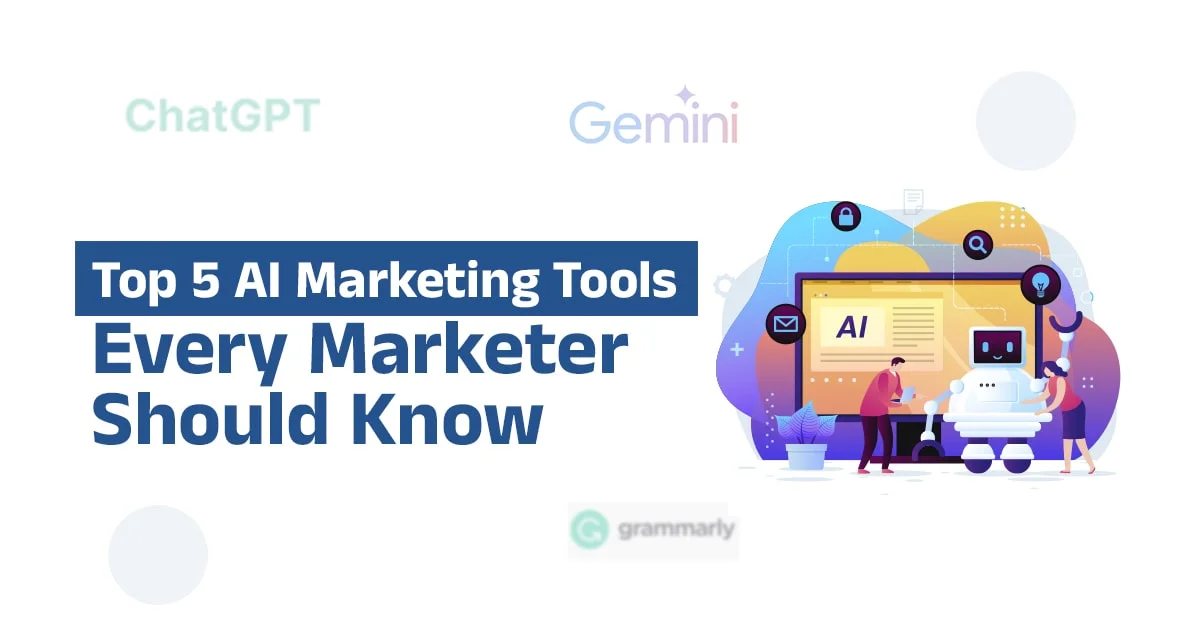

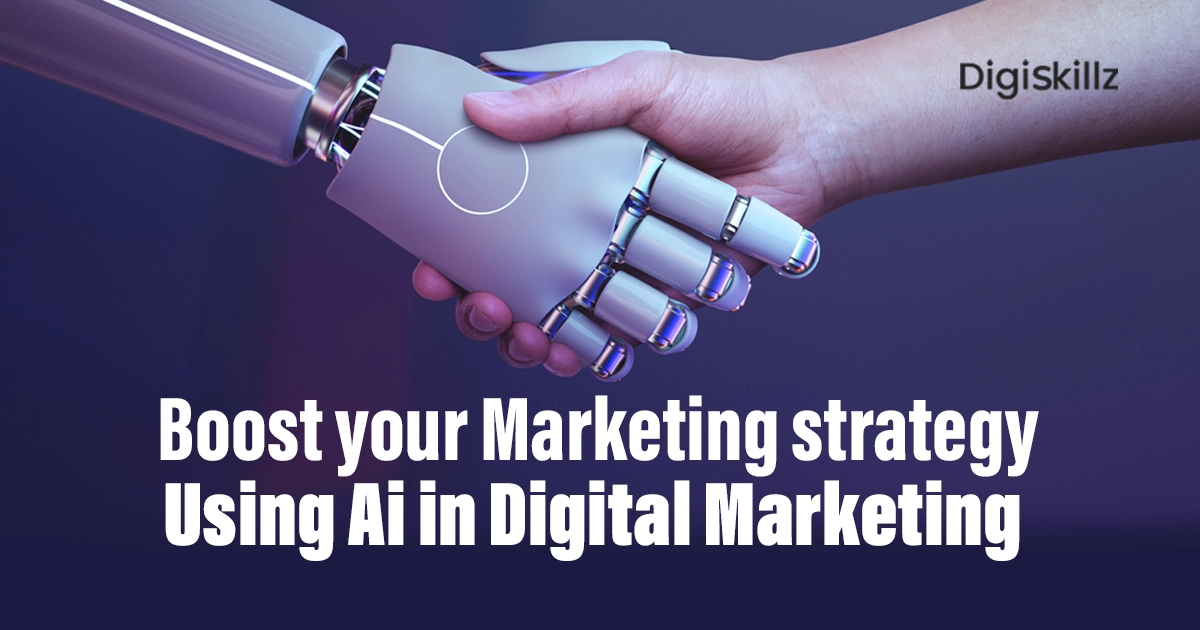

Leave A Comment